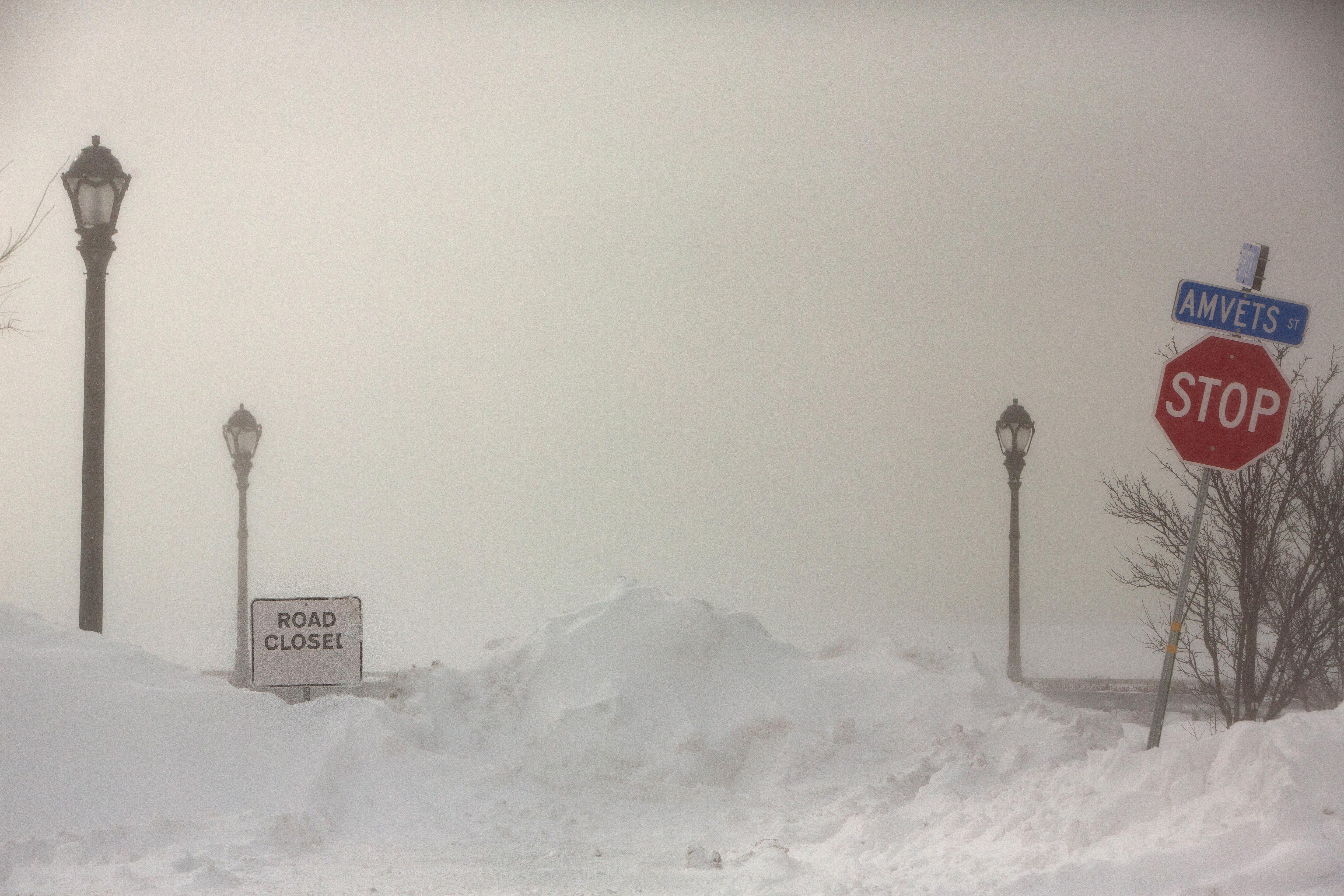U.S. transport chief: ‘tight time frame’ for $1 trillion infrastructure boost
WASHINGTON (Reuters) – The White House on Monday said it wanted Congress to approve legislation to boost U.S. infrastructure by at least $1 trillion, with a “tight time frame” to agree a bill to fund repairs of roads, bridges, airports and other projects.

U.S. Transportation Secretary Elaine Chao said on a call with reporters on Monday that the U.S. House of Representatives needs to take action by August, given the looming presidential election in 2020 and the busy calendar.
“This infrastructure bill has to be passed around August so we are looking at a very, very tight time frame,” Chao said.
The White House has not yet introduced legislation on infrastructure this year but issued a fact sheet on Monday detailing some of its principles. Democrats, who control the House, are expected to propose their own legislative plan in May.
Experts say the United States badly needs to invest significant sums in its congested airports, aging energy infrastructure and crumbling roads.
However, Chao said it was not clear from where the administration of President Donald Trump would find the entire proposed $1 trillion earmarked for improvements. “I don’t know yet if it will be fully federal funded. Everything is on the table,” she said.
The administration’s February 2018 plan to use $200 billion in public funds to spur a projected $1.5 trillion in projects largely financed by the private sector was “not successful,” Chao acknowledged. That proposal never got a vote in Congress.
“We had hoped that there’d be a greater acceptance of the private sector coming in to help finance public infrastructure,” Chao said. “Unfortunately, there seems to be a great deal of mistrust of the private sector.”
Congress also must address shortfalls in a highway trust fund, intended to help fund highway projects, before the current funding mechanism expires in September 2020, Chao said. “It may be easier if we merge the two efforts,” she said. Congress has added more than $140 billion to highway repairs to make up for a lack of gasoline tax revenue.
As presidential candidate in 2016, Trump pledged to spend big on infrastructure. Chao said the administration wanted to work on a “bipartisan basis.”
Representative Peter DeFazio, a Democrat who chairs the House Transportation and Infrastructure Committee, called the proposal “highly disappointing” and said it was a recycling of last year’s rejected plan.
The fact sheet did not specify the period over which the administration wants at least $1 trillion but it covers at least 10 years, officials said.
Of the $200 billion in federal funds, $10 billion would be allocated to establish a federal capital revolving fund for investment in buildings and other property. Officials would work with Congress to allocate the “remaining amount toward sectors and projects that address the most important needs.”

